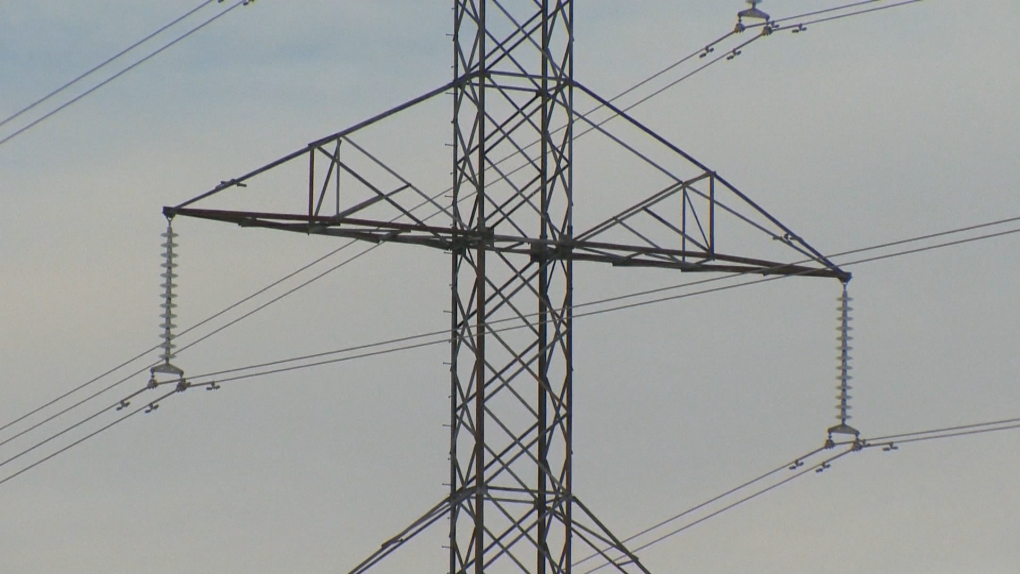
Alberta is introducing new legislation aimed at preventing spikes in electricity prices.
Default electricity rates will be set for each provider every two years.
The province says this will significantly reduce rates for people who are unable to sign a competitive contract, including people with bad credit, seniors, or people in rural Alberta who don’t have other provider options.
“Albertans should not dread opening their bill each month. Unpredictable power costs make it hard for families to plan their household budgets, that makes it hard to have certainty for the future,” Premier Danielle Smith told reporters on Thursday.
In addition to the new set rates, the Regulated Rate Option (RRO), which is provided to customers who can’t sign a competitive contract, will be renamed to the Rate of Last Resort.
The province says this will better help consumers understand the rate they’re paying, and encourage them to find another option if they can.
“When Albertans go to sign up for their electricity, more often than not, they’re automatically enrolled in this option,” Smith said.
“But calling it the regulated rate option is misleading. It makes it sound stable and predictable. When the truth is it is exactly the opposite. The power rate swings wildly from month to month, depending on the weather and what’s going on in the world.”
Retailers will also be required to notify customers on the RRO about which plan they are on.
“After a certain period of time, 90 days, if you sign up new, or if you’re currently on it, they have to go back to each consumer and say, ‘Do you know what rate you’re on? Do you know what that means? Would you like to choose?'” Nathan Neudorf, minister of affordability and utilities said.
Neudorf said the changes would be implemented on Jan. 1, 2025.
Opposition Leader Rachel Notley doesn’t think the plan will give low-income families an “immediate relief.”
Epcor and Enmax, two of the province’s main electricity providers, told CTV News they look forward to working with the province on the proposed legislation.
The province says about 29 per cent of residential customers are currently on the RRO, and 32 per cent of commercial customers and 46 per cent of farm customers also use the RRO.
According to the Alberta Utilities Commission, the going rate for electricity is around 15 cents/kWh as of April 18.
Last August, rates in Alberta reached record highs, with Edmonton RRO customers paying 32.5 cents per kilowatt hour and those in Calgary 31.9 cents per kilowatt hour.
Before the province lifted the cap on regulated rates as a part of its Affordability Action Plan, the regulated rate had been capped at 13.5 cents/kWh.
Alberta has a unique competitive market design for power, where electricity suppliers submit offers into the energy market known as the power pool every hour.
In March, Alberta announced new rules limiting the offer price of natural gas-generating units in hopes of quashing the issue of “economic withholding,” where providers hold back supply to drive up the price.
The changes were just the start of what could be a series of significant changes to Alberta’s electricity market.
Experts say the rules that govern the province’s current system were designed when the bulk of Alberta’s power needs came from coal and don’t necessarily work for a system that is now driven by natural gas and renewables.
There are currently over 50 competitive price retailers in Alberta.
With files from The Canadian Press